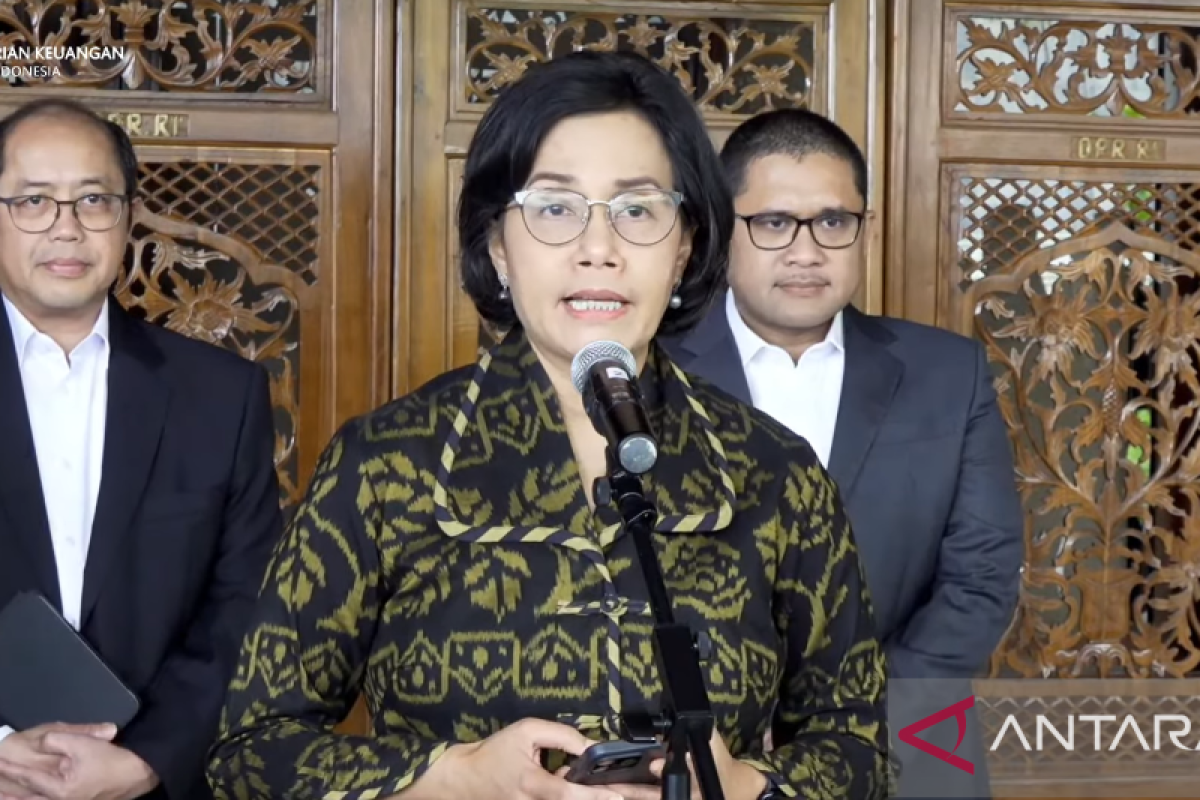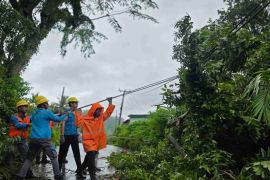To begin with, the minister highlighted the increasing global geopolitical tensions that had led to significant changes in economic policies of big countries, including Indonesia.
"Big countries tend to become inward looking and protectionists. This, in turn, will make the world fragmented and divert the trend from globalization to deglobalization," she noted.
According to Indrawati, the geopolitical phenomenon started when the US opted to implement the reshoring policy that aims to return its manufacturing sector to its own market. This policy sparked tensions between the US and China, as the world's largest and second-largest countries in terms of economic powers.
In addition, the raging conflict between Ukraine and Russia further exacerbated the polarization of other countries' economic cooperation and led to the trend of "dedollarization" that might greatly impact the global economy.
She pointed out that the second challenge is closely related to the rapid development of digital technologies that pose new obstacles to the economy, such as labor saving and issues related to privacy and cybersecurity.
The minister drew attention to climate change as the third challenge. She believes that the phenomenon poses actual threats to both the economy and humanity, in general. Indrawati stated that climate change caused extreme weather events that resulted in a decrease in producing activities and led to loss of lives and assets.
"Developed countries' policies of mitigation and adaptation to the phenomenon also played a significant role in affecting the global economy. The US' Inflation Reduction Act and Europe's Carbon Border Adjustment Mechanism have become a concrete non-tariff obstacle to international trade as well as investments from or to the US and the European countries," she pointed out.
As for the fourth challenge, Indrawati reiterated the need for accurate measures to address health issues. She emphasized the need for Indonesia to prepare for the worst-case scenario in which another pandemic emerges.
The minister noted that the COVID-19 pandemic is not the only pandemic in the world and stressed that Indonesia should remain vigilant to face and placate any likely economic turbulence and scarring effects resulting from a pandemic.
"Apart from the four challenges, the economy in 2023-2024 may still face another tough challenge, namely the global inflation that has not yet returned to the normal or lower rate. This inflation is the cause of the global benchmark interest rate being stuck at high levels," she stated.
Baca juga: Menkominfo bertemu pendiri WEF bahas peran Indonesia terkait isu global
Baca juga: High inflation threatening global economy Finance Minister
The minister noted that inflation would tighten the global liquidity risk, increase the cost of funds, restrict policy options for several countries, and spark banking turmoil in the US and Europe that in turn would add to the risk of uncertainty.
Pewarta : Bayu Saputra, Tegar Nurfitra
Editor:
I Komang Suparta
COPYRIGHT © ANTARA 2026









